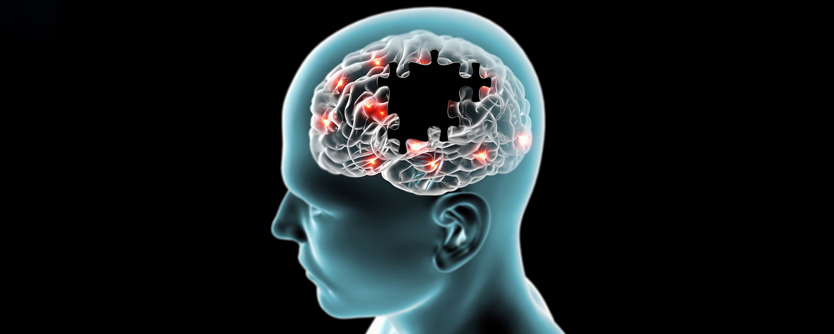Parkinson is a condition that affects the brain progressively as the days go by.
[the_ad id=”13371″]
Those with Parkinson will experience involuntary shaking (tremors), slow movement, and stiff muscles; and as it progresses, movement becomes lesser and lesser. In India, only about 70 in 100,000 are affected by Parkinson, but the number of those affected is high—in view of the large population. Knowing about Parkinson’sis important to improve the quality of life of those around you with the condition.
Parkinson: Causes, Symptoms, and Treatment
Parkinson is brought on by the damage of nerve cells, though what causes this damage is unknown. Aging is thought to be a cause. As for the symptoms, besides what it is characterized by, an individual with Parkinson will also have problems in balancing; loss of sense of smell; nerve pain; issues in urinating; constipation; and difficulty in swallowing Psychological symptoms, such as depression and anxiety, may also be present. While there is no cure for Parkinson currently, supportive management is available. Physiotherapy is available to relieve muscle stiffness; medications are available to keep tremors at bay. If the condition is severe, surgery may be required.
Living With Parkinson
A diagnosis of Parkinson’s is certainly disheartening. It is important to know enough about the condition. Be open, and talk about it with your friends and family, to establish a support system. It is imperative that your carers work with you and your medical team throughout the course of the condition. But never feel shy to tell them you need some time to cope with the disease.
Busting Common Myths
Many believe that a diagnosis of Parkinson’s means you need to stop working. Wrong! If anything, it is more advisable to work. Many people continue to work even after a diagnosis of Parkinson’s. Consult your doctor on how to go about your daily activities with Parkinson’s.
Know that it is important for you to stay healthy both physically and mentally when affected by Parkinson’s. Get as much exercise as your body permits; it can improve your mood, bring down stress, and decrease muscle stiffness! Don’t let it hold you back!
Source:

